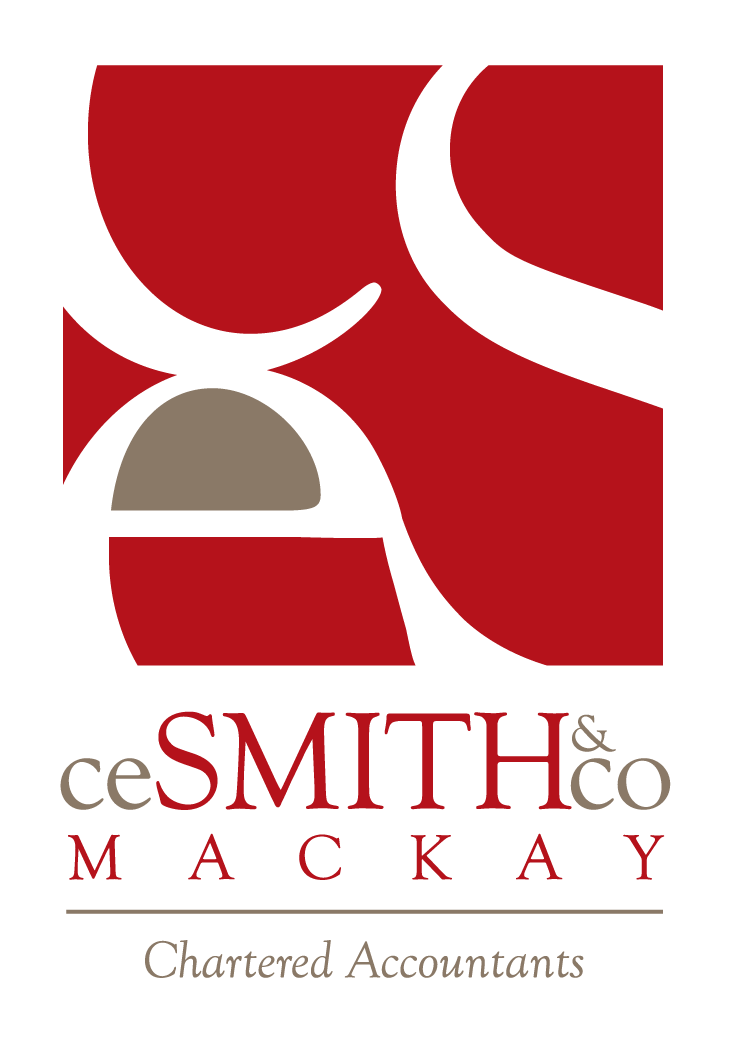Do I have to pay myself super as a business owner?
Do you have your own business or are you thinking of starting one? If so, you may need to pay yourself superannuation depending on your business structure.
Types of business structures available
If you were working for a company, your employer would be required to pay you superannuation guarantee (SG) contributions of 10.5% of your earnings to your chosen superannuation fund.
However, when you’re running your own business and paying yourself, it’s not always clear if superannuation is compulsory as it depends on the trading structure of your business. There are four commonly used business structures in Australia. These include:
1. Sole trader
2. Partnership
3. Company, and
4. Trust.
It is important to understand the responsibilities of each structure because the structure you choose will have different superannuation obligations.
Summary of superannuation requirements
The table below summarises whether SG contributions will be required to be paid under each business structure.
Regardless of your business structure, you will need to pay SG contributions for any eligible workers you employ to help run your business.
Despite not having to pay SG contributions under certain business structures, you may still consider making contributions into superannuation to save for your retirement due to the low tax environment within superannuation. A further benefit is that you may also claim a tax deduction for any concessional contributions, such as personal deductible contributions, that you make to your superannuation fund up to a limit of $27,500 a year. Other types of concessional contributions that also count towards the $27,500 limit include SG contributions and salary sacrifice contributions.
Need help?
Choosing the right business structure and knowing what your obligations are can be complex. Remember, you’re not locked into any business structure, and you can change the structure as your business changes or grows. Please don’t hesitate to contact us if you’re unsure which business structure to choose or whether you should be paying yourself superannuation, even though you may see yourself as being self-employed.


